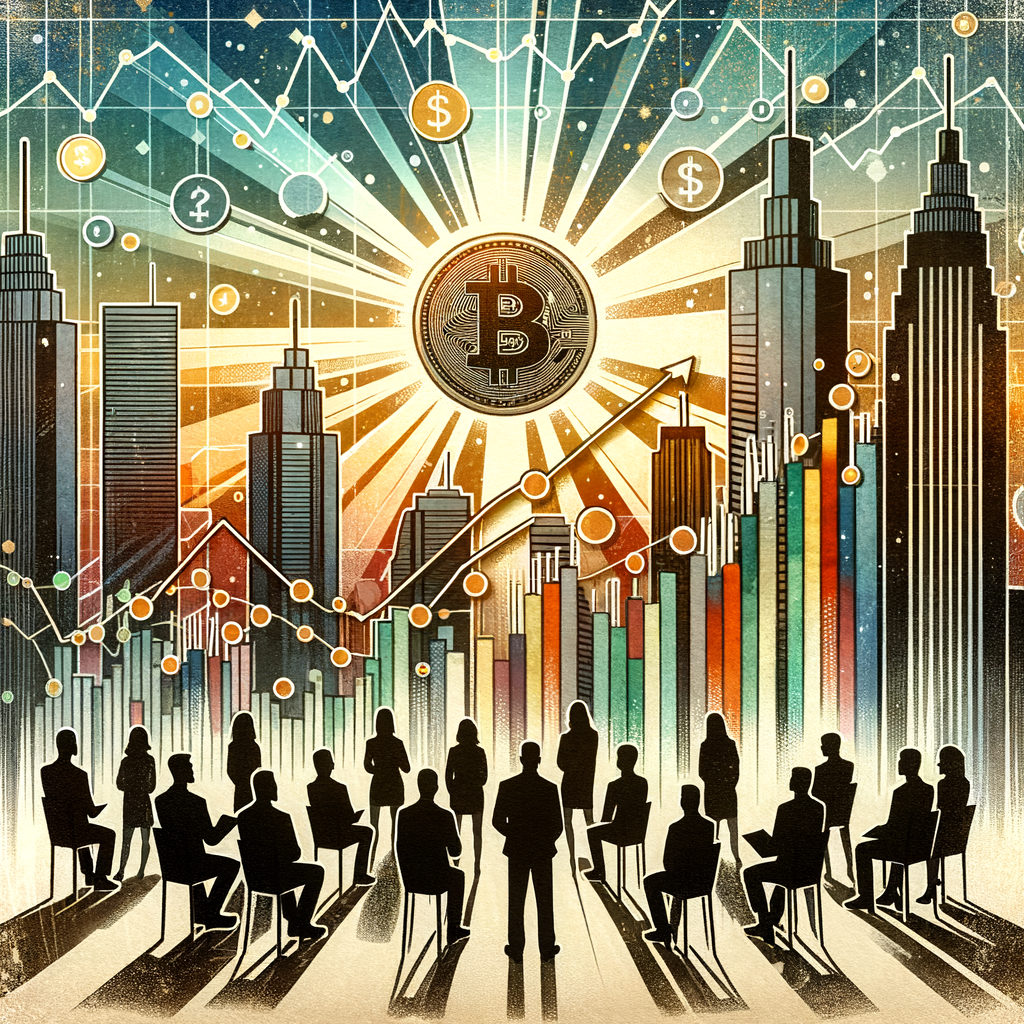Philippines’ Binance Ban: A Closer Look at the Implications for Local Crypto Traders
The recent decision by the Philippines Securities and Exchange Commission (SEC) to ban Binance has sent ripples through the local cryptocurrency market, highlighting the critical importance of regulatory compliance. This move, effective since the SEC’s announcement on December 14, has culminated in a three-month countdown leading to significant changes for crypto traders and exchanges operating within the country.
Regulatory Actions and Market Reactions
According to the SEC, Binance had not registered in the Philippines, which led to the subsequent enforcement actions. Kelvin Lee from the SEC pointed out the lack of compliance by the exchange with local regulations. Following the SEC’s directive, the National Telecommunication Commission (NTC) mandated local internet service providers to block access to Binance starting March 25. Furthering the crackdown, on April 23, the SEC also instructed Apple and Google to remove the Binance app from their stores, effectively limiting access for Filipino users.
In light of these developments, local cryptocurrency businesses and traders are adjusting to a new landscape. Ethan Rose, CEO of Pouch—a company facilitating Bitcoin transactions in the Philippines—expressed support for the ban, citing protection from potential financial crimes linked to platforms like Binance. Rose highlighted the positive impact on local exchanges, which are now experiencing increased business, potentially boosting the local economy and attracting global investment funding.
Trade-offs and Local Market Dynamics
Despite the apparent benefits, Rose acknowledged the trade-offs involved, particularly for Filipino traders who now face higher trading fees and a reduced variety of available crypto tokens. “The tradeoff is that Filipinos who participate in crypto trading will be subject to higher fees with local platforms and less variety of tokens to trade,” Rose stated. However, he also mentioned that these are not seen as critical downsides within the broader context of fostering a secure and regulated market environment.
Comparative Regulatory Perspectives
Arlone Polo Abello, CEO of the crypto education firm Global Miranda Miner Group, remarked that the SEC’s actions align with a global trend towards stricter regulatory oversight, similar to the approach taken by the United States SEC. Abello emphasized the importance of exchanges registering properly to operate legally and transparently within the country. He also noted a lack of communication from Binance in addressing the concerns and queries from local traders, which has contributed to uncertainty within the community.
The Importance of Compliance and Market Confidence
Jay Ricky Villarante, CEO of Moneybees, further underscored the significance of the SEC’s decision from a compliance perspective. “This action by the SEC underscores the importance of regulatory compliance and oversight in the cryptocurrency industry,” Villarante explained. He believes that this move will lead to greater regulatory clarity and help establish clear boundaries for acceptable conduct among market participants, thereby fostering confidence and encouraging responsible innovation within the industry.
The ban on Binance is seen as a significant development for the cryptocurrency landscape in the Philippines, with both positive and negative implications. It serves as a reminder of the evolving nature of regulatory frameworks in the digital asset space and the ongoing need for exchanges and traders to navigate these changes carefully.
For more insights into how regulatory changes are shaping the crypto markets, check out our coverage on navigating crypto regulation and recruitment compliance.



